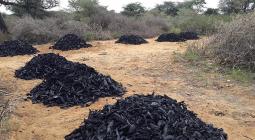Native Energy : Producing biofuels in Kenya
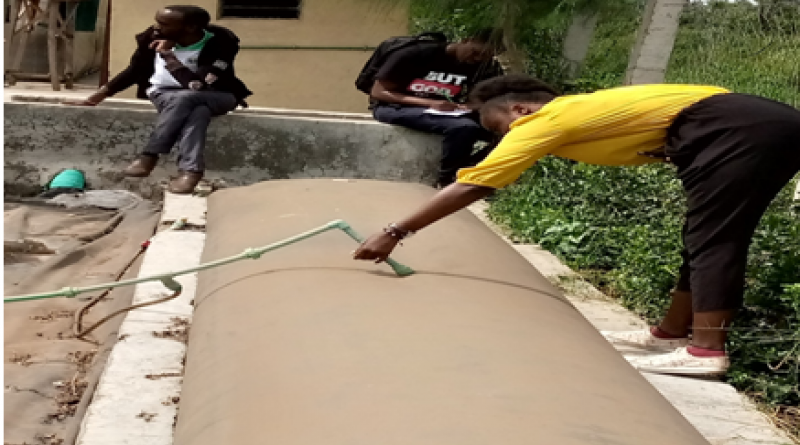
According to Maslow hierarchy of needs, food is part of the very basic needs. However, preparing the said food in most parts of Africa becomes expensive financially and socially especially in Kenya. Most of the Kenyan localities and food industries including institutions use firewood for cooking, the use of firewood poses a great risk to Kenya forest cover. In addition, the smoke produced during the use of firewood puts Kenyans at a risk of contracting breathing related diseases. Food vendors in most Kenyan markets are surrounded by huge piles of waste that is hard for the county governments to manage fully.
This waste puts the lives of the food vendors and customers at risk of diseases such as cholera. 80% of this is organic waste, as it decomposes it releases methane gas to the atmosphere. Methane gas, one of the greenhouse gases has 21 heating effects as compared to carbon IV oxide. We came up with NATIVE ENERGY in response to these factors affecting environment and providing sustainable fuel source and economically friendly to our locality. For instance, in Kibuye market Kisumu County in Kenya it has 30 food vendors.
Taking one vendor Mama Akinyi, she uses 6 USD for firewood daily translating to 1560 USD yearly. In a good day she makes an income of 20 USD translating to 5200 USD yearly. During rainy seasons, its hard for her to cook since the firewood gets wet. Kisumu County is near LAKE VICTORIA, it rains frequently. As NATIVE ENERGY we thought of a method of helping our environment and helping our community using locally available materials.
We use the waste surrounding the market to produce methane gas in the following steps;
- Collecting and Sorting the waste
- Decomposition in the bio digester
- Tapping methane using gas pipes to a bio tower.
We have two approaches that we work with;
- Centralized system
Gas is produced at a central place where the vendors come and prepare their food. One bio digester produces 1000 liters of gas weekly translating to 52000 liters annually and getting rid of 16.8 Tonnes of waste yearly. We serve 15 customers daily, including mama Akinyi, translating to 5475 customers yearly. However due to lack of equipment we don’t get sufficient profit but with the right equipment we can upscale our customer to 100 daily which would help us reach over 30000 clients annually.
- DECENTRALIZED SYSTEM
This entails installing digesters to homes and institutions. Individual installation of a bio digester costs 1980 US DOLLARS. So far with this system we have impacted 2000 students and staff directly and indirectly.
With our project we have been able to solve problems by the vendors through;
- Providing clean and Affordable energy
- Ensuring good health and wellbeing of all food vendors and their customers in kibuye market
- Combating climate change
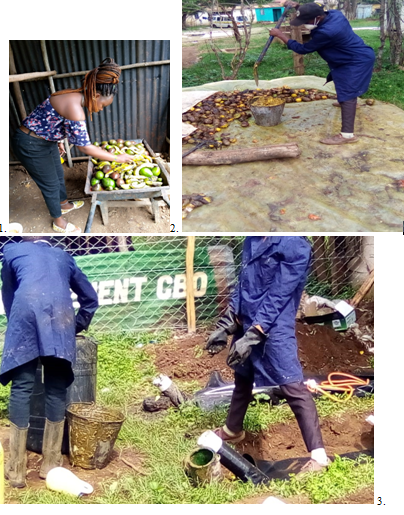
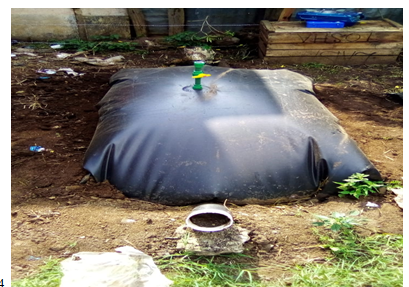
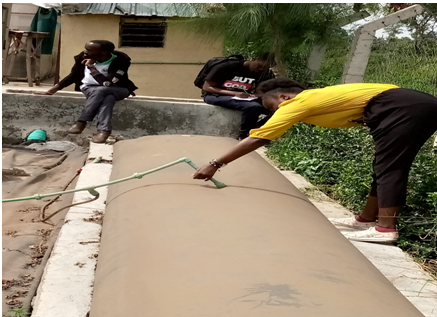
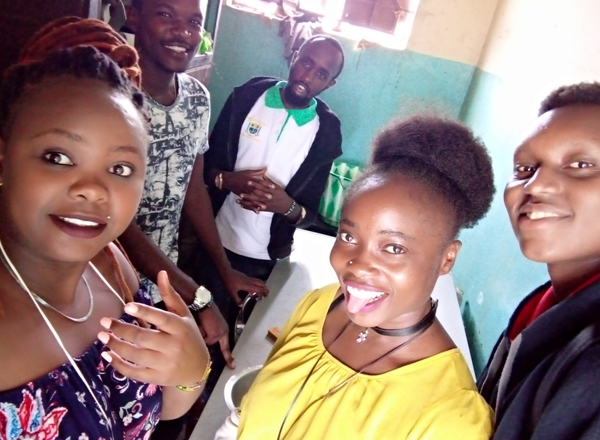
Reach us on;
- Margaret Wambui watiri –margaretwambui96@gmail.com –CEO NATIVE ENERGY KENYA
- Kinoti Morris Munenemunenemorris875@gmail.com –OPERATION MANAGER NATIVE ENERGY KENYA
- COMPANY MAIL; nativeenergyke@gmail.com.
18 March 2021
NATIVE ENERGY


